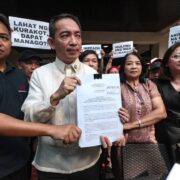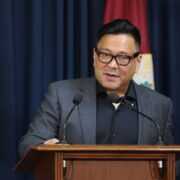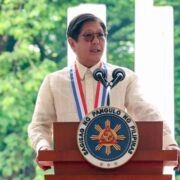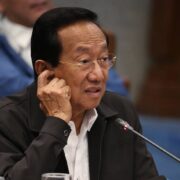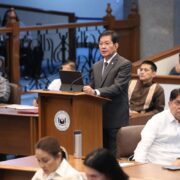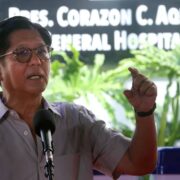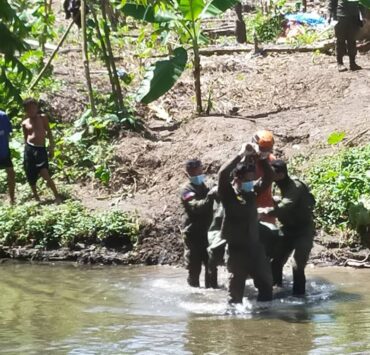BCDA bid to title parts of John Hay opposed
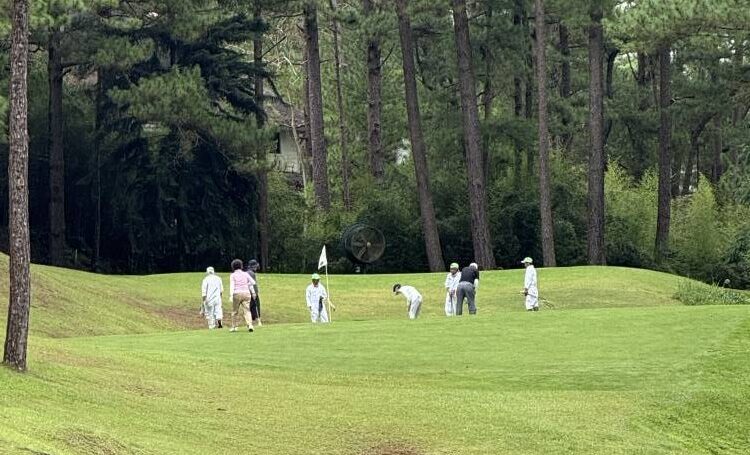
BAGUIO CITY—The Ibaloy community of Baguio has opposed a government application for a special land patent covering untitled portions of the nearly 600-hectare Camp John Hay reservation, arguing that it overlaps with officially recognized ancestral lands, including their only ancestral domain.
About 100 Ibaloy families submitted a resolution of objection to President Marcos and the Department of Environment and Natural Resources (DENR) on Oct. 28, seeking the suspension of the Bases Conversion and Development Authority’s (BCDA) patent application, the Inquirer learned on Wednesday.
The patent filing was confirmed by BCDA lawyers during the city council’s session on Monday. They said BCDA was open to further talks with the local government to resolve legal, financial, and policy conflicts, including overlapping land claims within the former American rest-and-recreation base.
BCDA lawyer Christian Duldulao and John Hay Management Corp. (JHMC) legal officer Marie Ellen Cabuhat said the application had been elevated to Malacañang for the President’s approval. Cabuhat confirmed that BCDA had sought Mr. Marcos’ endorsement.
But Ibaloy community leaders in Baguio said they were never consulted about the patent application, which they only learned about after it was mentioned in the 2023 JHMC President’s Report.
No consent?
That report indicated the pending application covers 476 ha of the forested reservation—measured as 570 ha in Republic Act No. 7227 (Bases Conversion and Development Act of 1992) but 625 ha under Republic Act No. 11689 (revised Baguio City Charter), a discrepancy disputed by local officials.
The application divides the area into two sections: 258.76 ha without certificates of ancestral land title (CALTs), and 237.67 ha that overlap with issued CALTs and the certificate of ancestral domain title (CADT) of the Ibaloy community in Barangay Happy Hallow.
Among the resolution’s signatories were incumbent Councilor Maximo Edwin, who serves as the city council’s Indigenous Peoples’ Mandatory Representative; former Councilor Isabelo Cosalan Jr.; retired Philippine Military Academy instructor Andrew Carantes; and former Mayor Jose Baluda of Tuba, Benguet.
Records show that BCDA previously petitioned the courts to invalidate 37 ancestral land titles within Camp John Hay, claiming these were issued without its consent as administrator. The Supreme Court, citing Section 78 of the Indigenous Peoples’ Rights Act (Ipra), has also ruled in several cases that Baguio is exempt from Ipra coverage.
However, Councilor Paolo Salvosa, a lawyer, noted that unless the Happy Hallow CADT and other CALTs are voided by a court, they remain valid and must be honored by BCDA.
The 1909 US Supreme Court ruling that recognized Ibaloy leader Mateo Cariño’s “native title”—which became the legal foundation for indigenous land rights in the Philippines—also involved what is now Camp John Hay.
Unfulfilled commitments
In their resolution, the Ibaloy families accused the government of “hostility” toward indigenous land claims, describing BCDA’s patent move as a “coordinated effort to thwart” their right to recover ancestral territory. They called the proposed patent a “grave injustice” and an “unlawful appropriation of ancestral lands without due process,” stressing that the DENR itself recognized such properties before Ipra’s enactment in 1997.
The city council noted that several barangays included in the patent should have been segregated from Camp John Hay’s territory under past agreements.
Baguio and BCDA have long had a strained relationship over unfulfilled commitments after the state agency took back Camp John Hay from developer Robert John Sobrepeña’s firm early this year, ending a decadelong legal battle.
The Supreme Court had reinstated a 2015 arbitral ruling voiding the Camp John Hay lease retroactive to 1996, ordering the BCDA to reimburse Camp John Hay Development Corp. P1.4 billion in rent while retaining ownership of all built structures.
However, several conditions set by the city council of Baguio in 1994 (Resolution No. 362, s. 1994) for endorsing the Camp John Hay master plan remains unresolved—including recognition of Ibaloy land rights and the segregation of 14 barangays.
To date, only Barangay Scout Barrio has been formally segregated, though its public facilities remain under BCDA control.


